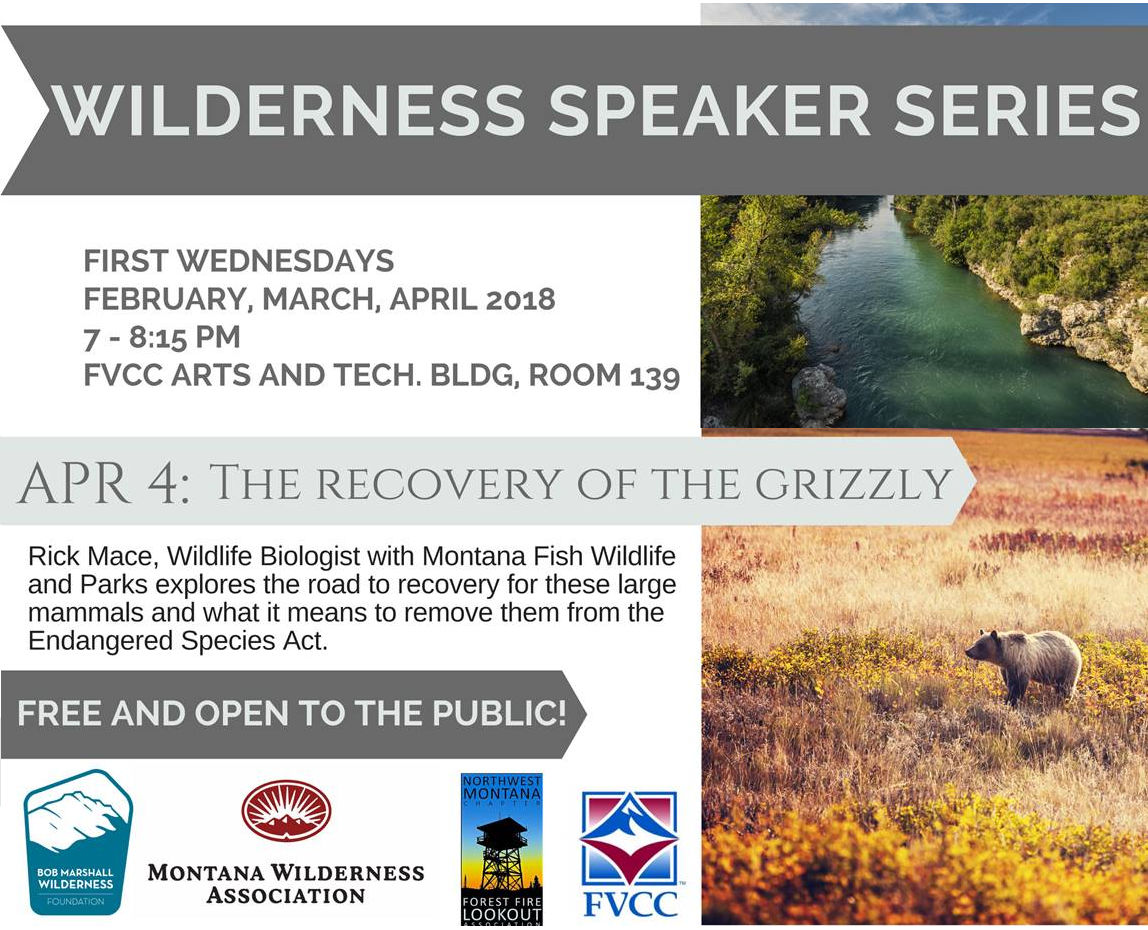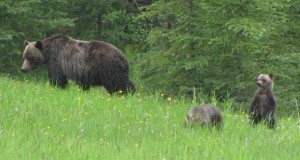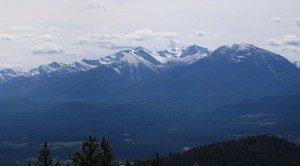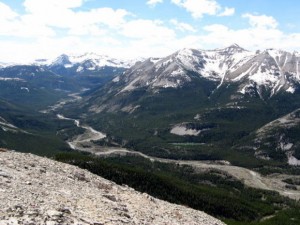MISSOULA – As Canada and the United States start negotiations over the Columbia River Treaty, the University of Montana will host a conference to discuss the future of rivers flowing through western Montana.
“One River, Ethics Matter” will take place from 8 a.m. to 5 p.m. Wednesday, April 11, in the University Center Ballroom. The event is hosted by UM’s Center for Natural Resources & Environmental Policy and the Department of Geography and is free and open to the public. Lunch is provided, and an evening reception will follow. Participants are required to RSVP at http://bit.ly/2EWa6yi.
Tribal, First Nations and religious leaders, along with scholars and authors, from the Upper Columbia River will lead the one-day conference on ethics and the Columbia River. The conference series is a multiyear undertaking based on the Columbia River Pastoral Letter issued in 2001 by the 12 Northwest Roman Catholic Bishops of the international watershed, combined with tools used by hospital ethics consultation services.
The conference brings together religious leaders, indigenous people, educators and writers, including:
- Ron Abraham, Kootenai Tribe of Idaho, tribal councilman and elder
- Gary Aitken, Kootenai Tribe of Idaho, tribal chairman
- Barbara Cosens, University Consortium on Columbia River Governance, University of Idaho College of Law, professor
- Jessica Crist, Evangelical Lutheran Church in America Montana Synod, bishop
- David James Duncan, writer
- Tony Incashola, Salish-Pend d’Oreille Culture Committee, director
- Brian Lipscomb, Confederated Salish and Kootenai Tribes, CEO of Energy Keepers Inc.
- D.R. Michel, Upper Columbia United Tribes, executive director
- Eileen Delehanty Pearkes, author of “A River Captured: The Columbia River Treaty and Catastrophic Change”
- David Shively, UM Department of Geography, chair
- William Skylstad, Roman Catholic, bishop emeritus
- Pat Smith, Northwest Power and Conservation Council, former Montana delegate
- Dan Spencer, UM Environmental Studies program, professor
- Pauline Terbasket, Okanagan Nation Alliance, executive director
“One River, Ethics Matter” will examine the moral dimensions of the dam-building era, focusing on U.S. Indian tribes and Canadian First Nations people, rivers and the life that depends on them, and the compelling need to add ecosystem-based function to the Columbia River Treaty.
Topics will include the Libby dam and its international impacts to the Kootenai River and Kootenay Lake; the Hungry Horse dam and efforts to protect resident fisheries; and the Séliš Ksanka Qlispé Project on the Flathead River, a federal license now held by the Confederate Salish and Kootenai Tribes, the first tribal nation to own and operate a major hydropower facility.
The conference series is modeled on South Africa’s Truth and Reconciliation Commission public dialogue in the wake of apartheid. The Missoula ethics conference follows four prior conferences in Spokane, Washington; Portland, Oregon; Boise, Idaho; and Revelstoke, British Columbia. The previous conferences focused on restoring salmon above the Grand Coulee dam, floodplain development in the Portland area, the impacts of Idaho Power Company’s Hells Canyon complex of dams and the effects of treaty dams in British Columbia.
Conference sponsors for 2018 include the Confederated Salish and Kootenai Tribes, Upper Columbia United Tribes, Universities Consortium on Columbia River Governance, the Canadian Water Research Society, the Sierra Club’s Montana, Idaho and Washington chapters, the Montana Synod of the Evangelical Lutheran Church in America, WaterWatch of Oregon, the Columbia Institute for Water Policy, the Center for Environmental Law & Policy, Rachael and John Osborn, UM’s Environmental Studies program, UM’s Native American Studies Department, the Flathead Lake Biological Station and UM’s Department of Geography.
To read more about the Ethics & Treaty Project from the Center for Environmental Law & Policy, visit http://www.celp.org/ethics-treaty-project/. For more information about “One River, Ethics Matter,” visit http://www.celp.org/ethics-montana/ or email Sophia Cinnamon, UM environmental studies graduate student and chair of the conference planning committee, at sophia.cinnamon@umontana.edu.
Other contacts are David Shively, UM Department of Geography chair, at david.shively@mso.umt.edu; Rich Janssen, Confederated Salish and Kootenai Tribes Department of Natural Resources director, at richard.janssen@cskt.org; Rev. W. Thomas Soeldner, Ethics & Treaty Project coordinator, at waltsoe@gmail.com; and John Osborn, Ethics & Treaty Project coordinator, at john@waterplanet.ws.
###





